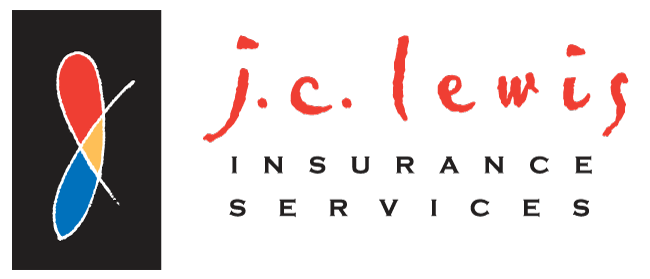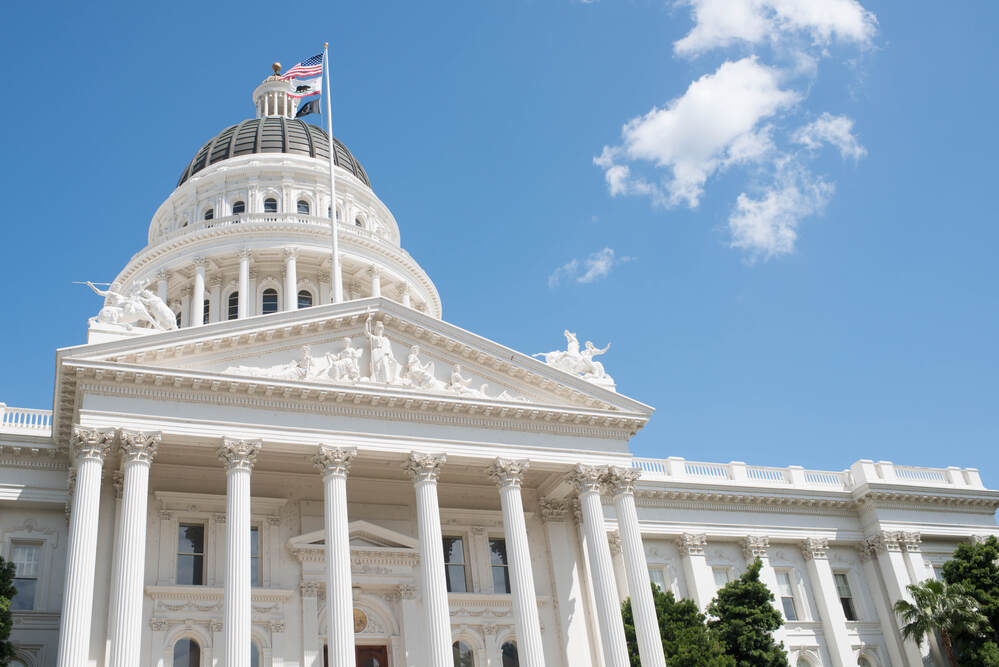On April 23, 2019, the California State Assembly Health Committee passed AB 1611 on a 11-0 vote. The legislation was introduced by Assemblymember David Chiu and Senator Scott Wiener to end surprise emergency room billing, or “balance billing.” The bill is co-sponsored by Health Access California and the California Labor Federation. AB 1611 has now moved to the Assembly Appropriations Committee for a vote possibly in mid-May.
Health Insurance, Emergency Rooms and Balance Billing
It is generally understood that emergency room visits, especially in California, can be costly. But no one with health insurance expects to be saddled with five or six-figure emergency room bills.
But, with balance billing, it happens all too often.
An article in The Source on Healthcare Price & Competition explains,
“Balance billing, otherwise known as “surprise medical billing,” occurs when (1) medical care, usually during an emergency, happens with an out-of-network physician or at an out-of-network hospital or (2) medical care happens at an in-network hospital that unwittingly or unknowingly involved an out-of-network physician. In both instances, the patient’s insurance does not cover the full cost of care, leaving a balance in the medical bill. Hospitals or physicians then charge that balance to the patients, holding patients, rather than the insurers, responsible for the remainder of the cost in a balance bill. As Vox and Kaiser Health News well documented, this practice of balance billing has left insured patients with bills like $108,951.31 for cardiac surgery or $75,346 for hip surgery – all because the patients went to a hospital that was out of network.”
According to advocates of the new bill, too often after an emergency room visit, patients often receive a “balance bill” which is the difference between what the hospital charged for the service and what the insurer paid for the service. These bills are often unexpected and can amount to tens of thousands of dollars.
Because Californians are often not able to choose where they are taken for their care when experiencing an emergency, many proponents support this type of consumer protection legislation. They feel that patients should not be burdened with a costly bill that can cause them financial hardship and even bankruptcy.
A blog post at the California Health Care Foundation’s website revealed that,
“Shocking emergency room bills… are not uncommon in San Francisco, where last year some 1,700 privately-insured patients received large bills from ZSFGH for common treatments. Some of those bills reached into the tens of thousands of dollars. Sarah Kliff explains in Vox that this is because the hospital is “out-of-network for all private coverage — something that academic experts and patient advocates describe as an extremely unusual billing practice.” Without contracts with private insurance companies to temper this balance billing, hospitals are entitled to charge patients for whatever unpaid balance the insurer hasn’t covered.”
AB 1611 promises to prevent patients from being liable for bills incurred after receiving emergency room care at a hospital that was out of their health insurance network.
State Laws Against Balance Billing Are Not New
California law already requires health plans to cover the cost of the emergency care most patients receive regardless of whether a hospital is in-network or not. In 2017, California enacted AB 72 in 2017, which provided strong protections against surprise billing for patients.
However, according to proponents of the new legislations, AB 1611, there remains a significant gap in the earlier state law.
It is estimated that about six million California residents who have federally regulated health plans, along with another one million residents with coverage regulated by the California Department of Insurance, are still at risk for surprise emergency room bills. Specifically, this is because billing for out-of-network emergency room visits is not covered by these same consumer protections.
AB 1611 proposes to close any “gaps” in state law and extend important consumer protections for those that receive care in any emergency rooms by taking the patient out of the billing equation and leaving the excess billing to be settled between hospitals and insurers. Not surprisingly, however, both health insurers and hospitals are unhappy with this approach.
According to the San Francisco Business Times, criticism over the practice of “balance billing” has prompted changes at the Zuckerberg San Francisco General Hospital. The article noted that,
“Media reports have swirled in 2019 about a billing system at the Priscilla Chan and Mark Zuckerberg San Francisco General Hospital and Trauma Center that charged patients for large differences between the hospital’s prices and what the patient’s insurance company will pay.
On Tuesday, at the request of Mayor London Breed and District 3 Supervisor Aaron Peskin, the San Francisco Department of Public Health announced new policies for patient billing at the hospital and trauma center. One key change is a new system that will no longer burden patients with being “balance billed,” which has slapped many privately insured people with bills they couldn’t pay.”
The same article also points out that the hospital, unlike most others in the city, has no contracts with private insurance companies. Consequently, health care insurers pay whatever portion of the bill they choose to, and the hospital then bills the patients for the rest.
Numerous Attempts to Regulate Balance Billing in California
Although patient activists and others are feeling confident in their battle against balance billing, the state has a long history of failed attempts. In fact, for the last 15 years, since 2003, at least twelve bills aimed at ending balance billing have failed. Three of those managed to go before the sitting governor but were vetoed – two bills were vetoed by Governor Schwarzenegger in 2008, while Governor Brown vetoed AB 2593 just last year.
However, California saw two bills become law: AB 1203 in 2008 and AB 72 more recently in 2016. And the most recent effort is seen as a complement to AB 72.
The National Law Review commented on the history of the state’s efforts to fight surprise billing,
“The newly introduced A.B. 1611 is the California Legislature’s latest attempt – this bill would prohibit a hospital from charging insured individuals more than the in-network cost-sharing amount for emergency and post-stabilization care. It would expand the holding in Prospect Medical Group to insured patients enrolled with nearly any third-party payor, including an employer-sponsored plan. Assemblyman David Chiu, the sponsor of A.B. 1611, has stated that he became aware of this issue due to media reports involving Zuckerberg San Francisco General Hospital (ZSFG), the city’s only trauma center, which does not enter into contracts with any private insurance companies.
The California Hospital Association has stated in a press release that its hospitals support the intent of A.B. 1611 – ‘[w]hile California is a leader in protecting patients from unexpected bills, this proposal enhances current safeguards, and hospitals look forward to working with the authors and sponsor in the weeks ahead.’”
The issues of balance billing and rising provider costs are not limited to California. California Healthline reported recently that a top priority of the Trump administration is protecting patients from surprise medical bills.
In addition, lawmakers have been engaged in a rare, bi-partisan effort to draft legislation addressing anti-competitive practices. The apparent consensus among health policy experts is that federal legislation may be necessary to protect all patients since large, self-insured employers are regulated at the federal level.
Your California Health Insurance Agent Partners
JC Lewis Insurance is a family owned and operated California health insurance agent, with three generations of the Lewis family providing personalized service that is second to none.
Helping you make an informed decision and making sure you remain satisfied with your choice, is the reason JC Lewis is still helping people obtain affordable health insurance after 34 years.
We consider each and every client a partner, and always work in their best interest.
Update 04/19/24
In recent legislative strides, the California State Assembly Health Committee passed AB 1611, aiming to curb surprise emergency room billing, an issue that has burdened many with unexpected and exorbitant medical bills. This bill, co-sponsored by Health Access California and the California Labor Federation, signifies a step toward consumer protection in healthcare. AB 1611 addresses the practice of balance billing, where patients incur additional charges due to out-of-network medical care during emergencies, despite having insurance coverage.
The proposed legislation comes amidst a history of attempts to regulate balance billing in California, with AB 1611 aiming to close existing gaps in state law. The bill, spearheaded by Assembly member David Chiu, seeks to shift the burden of excess billing from patients to hospitals and insurers, ultimately safeguarding patients from financial hardship. Despite resistance from health insurers and hospitals, AB 1611 represents a significant effort to address a longstanding issue in healthcare and protect the rights of Californians seeking emergency medical care.



